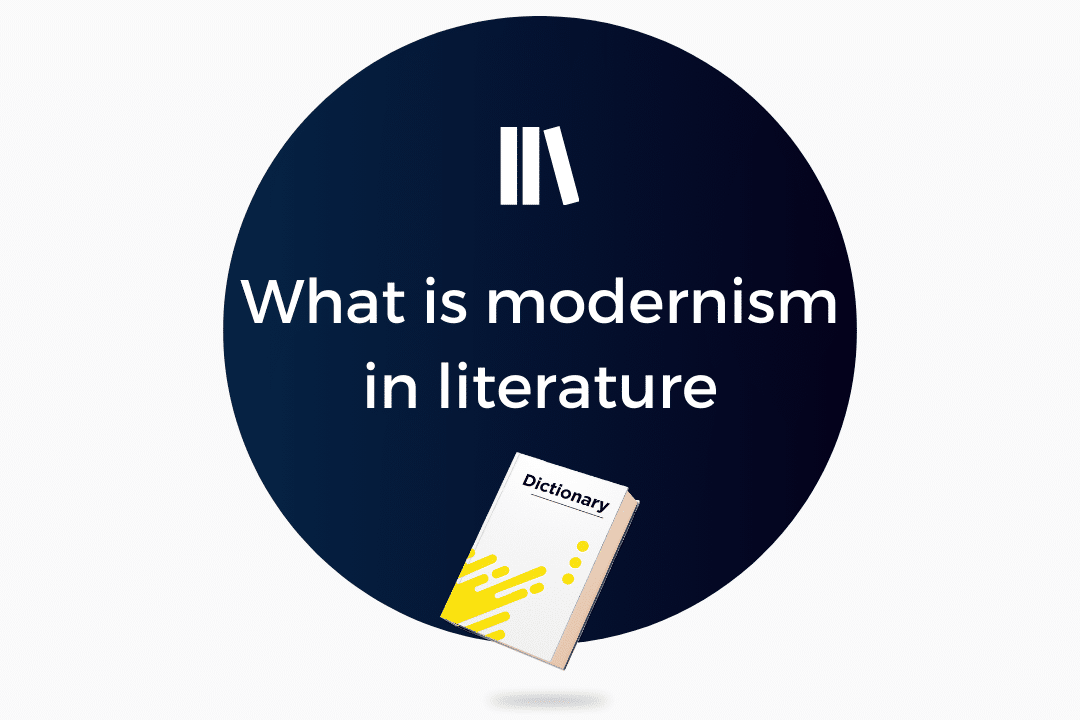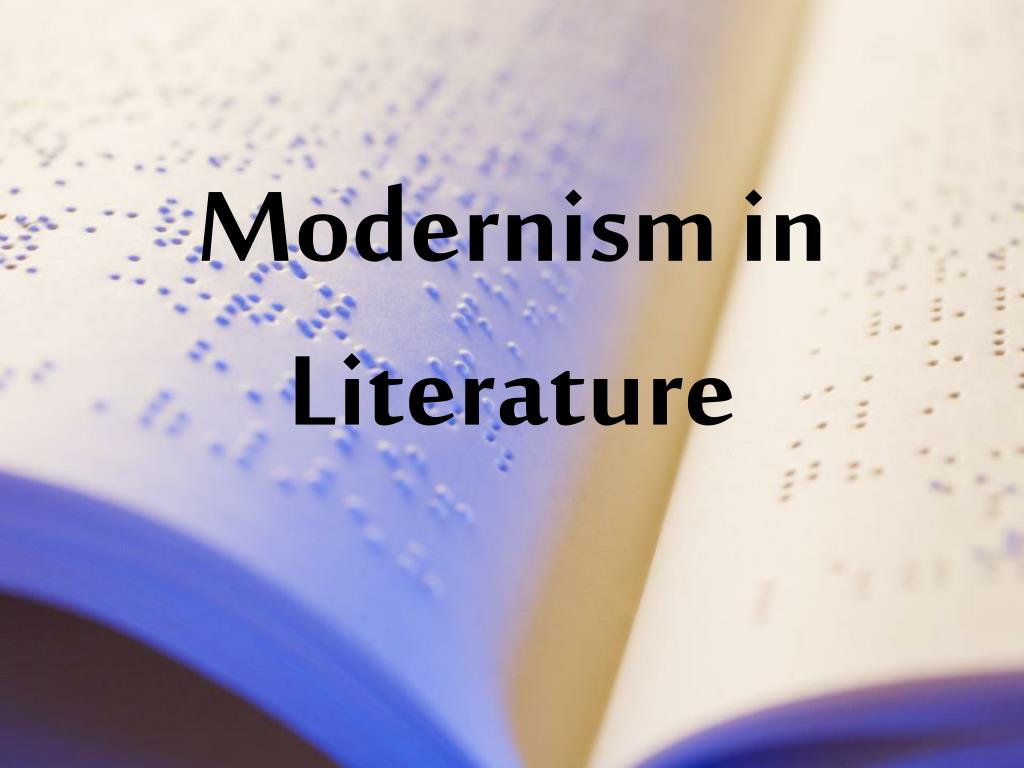
Modernism in English literature emerged in the early 20th century as a radical departure from previous literary norms, including those established by Romanticism in literature. Modernist writers sought to capture the fragmented reality of the modern world through innovative narrative techniques and a profound questioning of traditional values. This movement, driven by a desire to break away from established traditions, reflected the upheavals in a world marked by rapid technological advancement and the devastating effects of World War I.
From Romanticism to Modernism: A Shift in Perspective

While Romanticism in literature focused on emotion, nature, and individualism as sources of inspiration, Modernism took a different approach. Modernists viewed these Romantic ideals through a lens of skepticism and disillusionment. The optimism and simplicity of the 19th century seemed inadequate for describing the complexities and uncertainties of the 20th century. Writers like T.S. Eliot and Virginia Woolf replaced the lush narratives of Romanticism with a fragmented, often disjointed prose that mirrored the chaotic state of contemporary life.
Key Features of Modernism
- Fragmentation: Modernist literature is characterized by a fragmented structure, both in narrative form and in the construction of the novel or poem. This reflects the broken nature of modern reality and human psyche, a direct contrast to the coherent narratives prevalent in Romantic literature.
- Stream of Consciousness: Many modernist writers employed the stream of consciousness technique, which aims to provide a raw, unfiltered representation of the flow of thoughts and feelings in the human mind. This was a departure from the clear, ordered writing of earlier periods, such as the emotional yet structured expressions found in Romanticism.
- Rejection of Traditional Narratives: Modernists often rejected traditional plot-driven narratives in favor of explorations of inner states and random occurrences. This shift underscored their belief that reality is not a single, objective entity but a series of subjective experiences.
Influence of World Events
The impact of World War I cannot be overstated in shaping Modernist literature. The war shattered the idealistic views of the previous century, revealing a darker, more uncertain world. The existential crisis brought about by the war and the rapidly changing society led writers to explore themes of alienation, existential despair, and the search for meaning in a seemingly indifferent universe.
Major Figures and Works
- T.S. Eliot: His poem “The Waste Land” is often considered a seminal Modernist work, using a range of cultural references and multiple voices to depict the fragmentation of modern society.
- Virginia Woolf: A pioneer of the stream of consciousness technique, Woolf’s novels, such as “Mrs. Dalloway” and “To the Lighthouse,” explore the complexities of human consciousness and the fluidity of time and space.
- James Joyce: Joyce’s “Ulysses” is a landmark in Modernist literature, reinventing the novel form with its deep exploration of everyday life and inner thoughts, presented through innovative narrative techniques.
Modernism vs. Romanticism
Comparing Modernism to Romanticism reveals a shift from a focus on nature and personal emotion to an emphasis on urban landscapes and psychological depth. Where Romantic writers sought beauty and truth in the external world, Modernists turned inward, questioning the very possibility of knowing reality. This inward turn was a radical break from the emotional expansiveness of Romanticism, marking a new phase in the evolution of English literature.
Legacy and Continuing Influence
The experimental techniques and themes of Modernism have profoundly influenced later literary movements and continue to resonate in contemporary literature. Postmodernism, for instance, has built on and extended many Modernist ideas, including the questioning of narrative structures and the blending of genres.
Conclusion
Modernism in English literature was a revolutionary movement that broke with the past to reflect the new realities of the 20th century. Its departure from the traditions of Romanticism paved the way for subsequent literary developments, making it a pivotal period in the history of English literature. By challenging readers to see the world in new ways, Modernist writers expanded the possibilities of what literature could be, leaving a lasting impact on the literary landscape.







